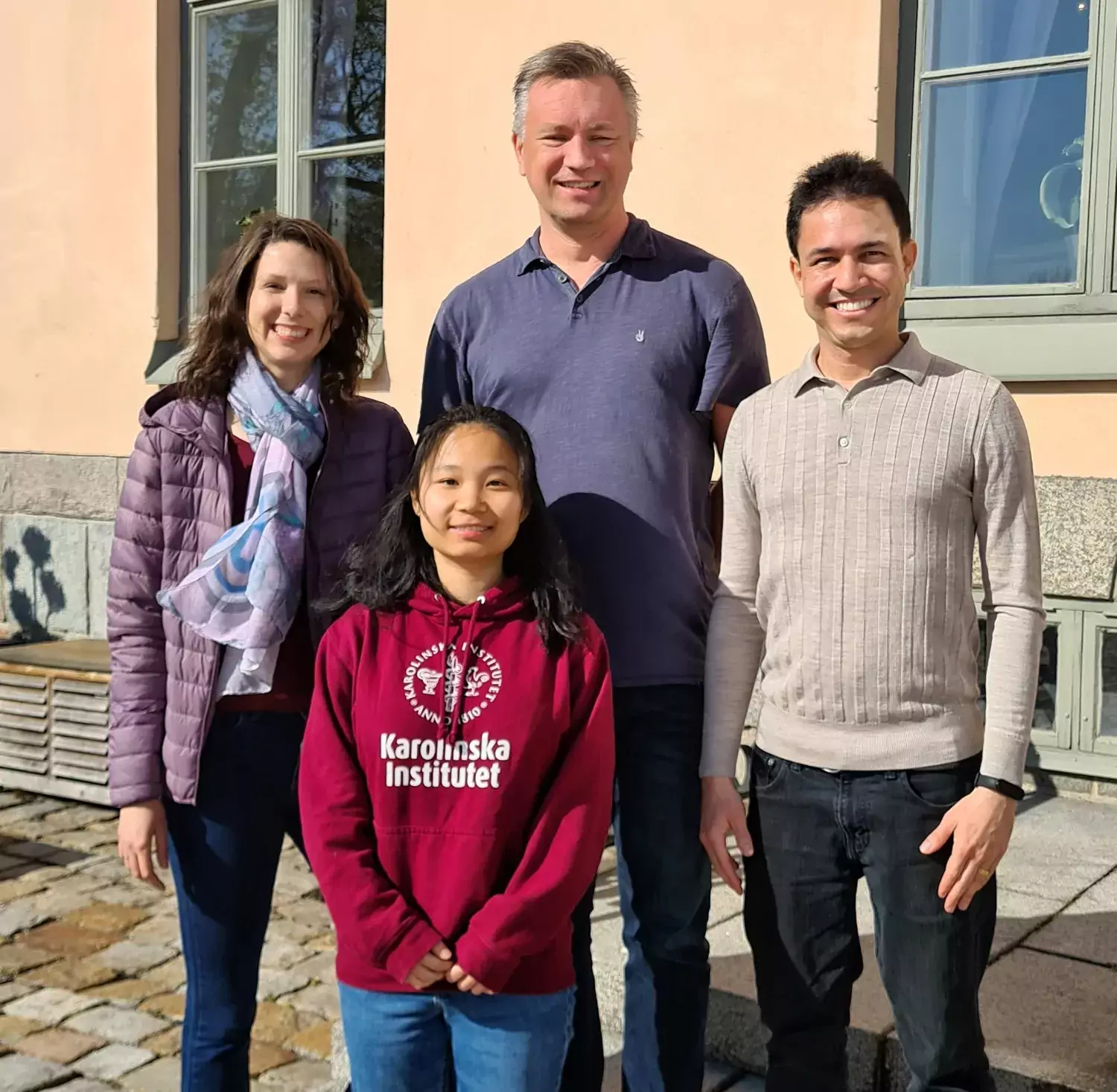
Om oss
Vår forskargrupp studerar hur komplexa blandningar av miljöföroreningar påverkar människors hälsa. Vi har ett särskilt fokus på genetisk toxikologi och använder både humandata och experimentella modeller för att förstå risker kopplade till verkliga exponeringssituationer.
Forskning
Vi arbetar med att kartlägga biologiska effekter av miljöföroreningar genom att kombinera epidemiologiska data med analyser i mänskliga cellmodeller. Genom att använda miljöprover som speglar faktiska exponeringsmiljöer undersöker vi mekanismer bakom blandningstoxicitet och utvecklar kunskap som kan stärka riskbedömningen av kemiska blandningar i miljön.
Pågående projekt
Våra aktuella projekt riktas mot luftföroreningar i både urbana och rurala miljöer. Här studerar vi hur partiklar och kemiska komponenter påverkar genetisk stabilitet och cellulära processer.
Avslutade och tidigare projekt
Tidigare forskning har inkluderat studier av förorenade jordar, inomhusluft i förskolemiljöer samt yrkesmässig exponering för bekämpningsmedel. Vi har även arbetat med att identifiera toxikologiska kombinationseffekter i komplexa miljöprover.
Metoder och angreppssätt
Våra studier omfattar analyser av genotoxiska effekter, inklusive RNA‑ och DNA‑mutagenes, för att förstå hur kemikalier och blandningar påverkar transkription och replikation. Genom att integrera biologiska data från flera nivåer kan vi beskriva både mekanismer och potentiella hälsorisker.
Mer information finns här.
